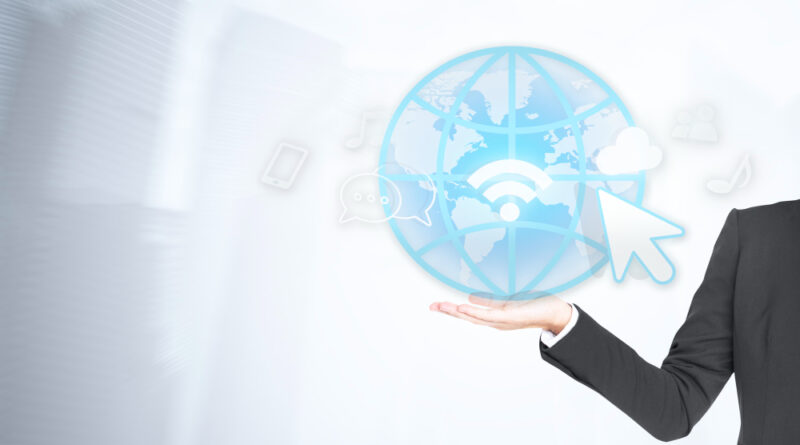The Ever-Evolving World of Technology: Trends Shaping Our Future
Technology has become the backbone of modern society, driving innovation, shaping industries, and redefining human experiences. From artificial intelligence to green energy solutions, technological advancements continue to influence the way we live, work, and interact with the world. In this article, we explore key trends and breakthroughs shaping the future of technology write for us.
1. Artificial Intelligence (AI): Transforming Every Sector
AI has transcended its role as a futuristic concept to become a critical tool in modern applications. From personal assistants like Siri and Alexa to advanced machine learning algorithms in healthcare, AI is improving efficiency, decision-making, and accessibility.
Key areas of impact include:
- Healthcare: AI-powered diagnostics, robotic surgery, and personalized medicine are saving lives and reducing costs.
- Business: Predictive analytics and customer-focused AI tools are optimizing operations and enhancing customer experiences.
- Creative Industries: Tools like ChatGPT and DALL-E are revolutionizing content creation and enabling new artistic expressions.
2. The Internet of Things (IoT): Building Smarter Worlds
IoT has paved the way for connected devices that communicate seamlessly to enhance convenience and productivity. Smart homes, wearable fitness trackers, and industrial IoT applications are a testament to its potential.
- Smart Cities: IoT is playing a critical role in energy management, traffic control, and public safety.
- Healthcare: Wearable devices are enabling real-time health monitoring, while IoT in hospitals is improving patient outcomes.
Despite its promise, IoT raises concerns around data security and privacy, which must be addressed to ensure widespread adoption.
3. Sustainable Technology: Bridging Innovation and Ecology
With climate change at the forefront of global challenges, sustainable technology is gaining momentum before its news. Advances in renewable energy, energy-efficient systems, and waste reduction technologies are aligning innovation with environmental stewardship.
- Renewable Energy: Breakthroughs in solar, wind, and battery storage are driving the transition to green energy.
- Circular Economy: Technologies enabling recycling and resource-efficient manufacturing are minimizing environmental impact.
4. Blockchain Beyond Cryptocurrency
While blockchain is widely recognized as the foundation of cryptocurrencies, its potential extends far beyond. It is transforming industries by offering transparency, security, and decentralization.
- Finance: Smart contracts and decentralized finance (DeFi) are reshaping banking and investments.
- Supply Chain: Blockchain ensures transparency and traceability, reducing fraud and inefficiencies.
- Healthcare: Securing patient data and streamlining medical records are key blockchain applications.
5. The Rise of Quantum Computing
Quantum computing, though still in its early stages, promises to solve complex problems that are beyond the reach of classical computers. Industries such as pharmaceuticals, cryptography, and materials science stand to benefit significantly.
Companies like IBM, Google, and startups worldwide are investing heavily in quantum research, aiming to unlock a new era of computational power.
6. 5G and Beyond: Revolutionizing Connectivity
The rollout of 5G networks is transforming how we connect, offering lightning-fast speeds, reduced latency, and the ability to support a massive number of connected devices.
- Streaming and Gaming: 5G enhances the user experience with ultra-high-definition streaming and immersive cloud gaming.
- Industrial Applications: Enhanced connectivity in factories and logistics is boosting productivity and innovation.
Conclusion
As technology continues to advance at an unprecedented pace, its impact on society is both profound and complex. While it offers tremendous opportunities to improve quality of life and address global challenges, it also raises important ethical, social, and environmental questions.
By embracing innovation responsibly, we can harness the full potential of technology to build a smarter, more sustainable future.




